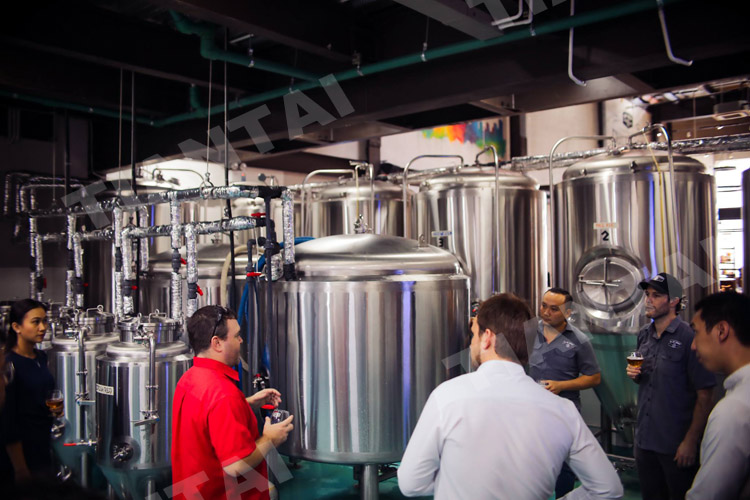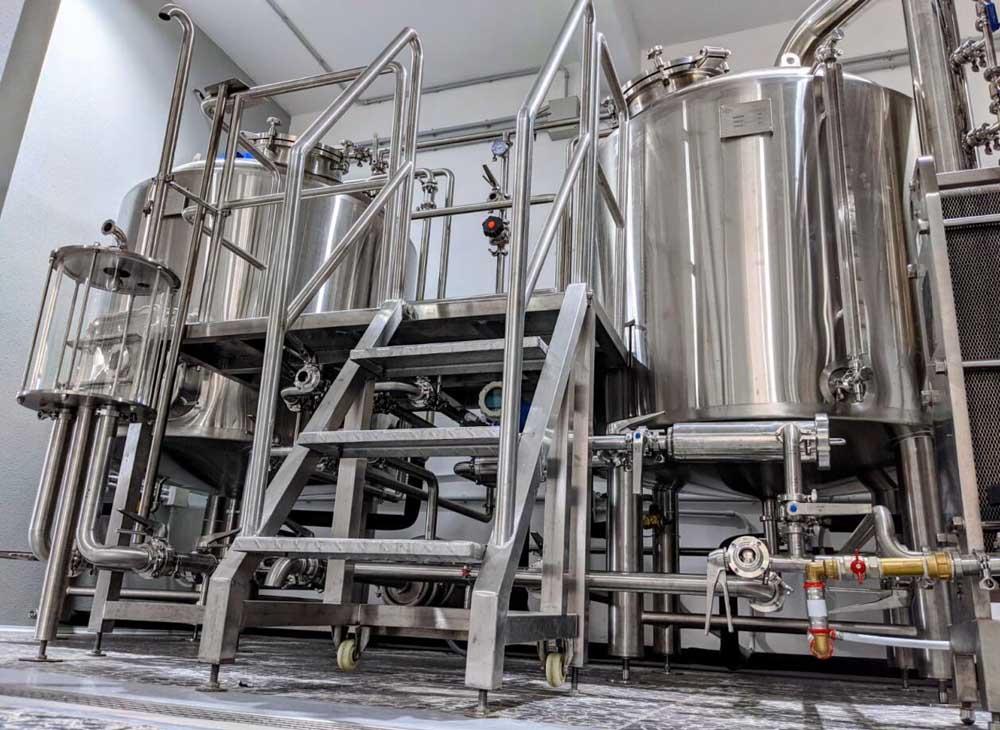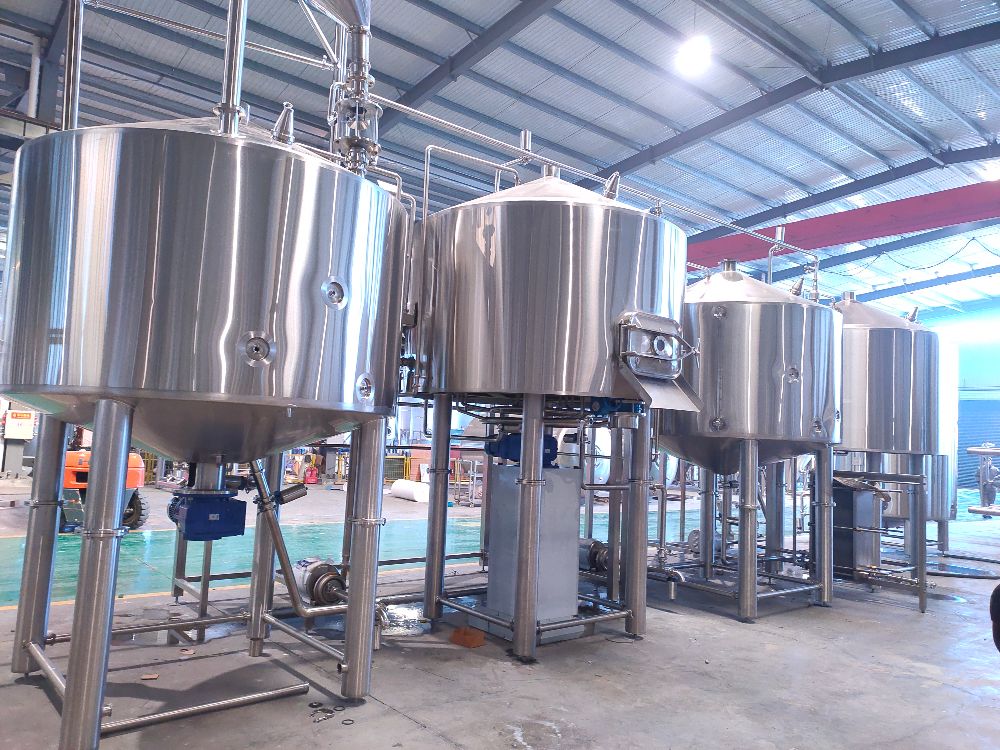Troubleshooting the Primary Fermentation
- Sep 11, 2021
- 159
- tiantai
Was I supposed to put water in my airlock?
Yes, the airlock needs to be filled with water (or sanitizer or vodka) so that it forms a barrier between the beer inside the bucket and the air outside. If you forgot, add water to the airlock as soon as you remember. There’s some risk that bacteria has gotten into your beer, but it’s worth continuing to ferment the beer to see how it turns out.It’s really hot (or cold) in my apartment — is that OK?
Ale yeast, which we’re using here, work best between 65°F and 75°F. Ideally, you want to keep it between those temperatures. A little dip above or below isn’t a big deal, but if it’s consistently hotter or cooler, those temperature can make life hard for the yeast.At low temperatures, the yeast can start to go into hibernation and will stop fermenting your beer. At warmer temperatures, between 75°F and 95°F, the yeast will gobble up the sugar as quickly as it can, so fermentation might be over very quickly. The beer is okay, but you might notice a more pronounced fruity flavor — it’s not necessarily toss-the-batch bad, but it’s also not totally desirable. Once you get into the 90s, you might also start noticing a harsh, solvent-like character in your beer, like grain alcohol. If it’s very hot in your house, try wrapping the fermentation bucket in wet towels and keeping it in the coolest place you can find.
.jpg)


.jpg)

